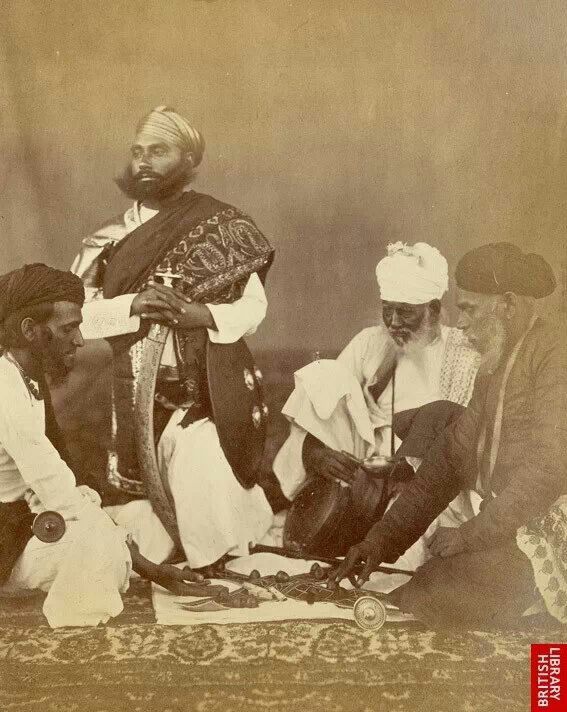[5]: On conflict resolution and need for a discourse ethics
The hierarchy has been developed on account of the twin principles of competition and cooperation among the members of the community. The relationship between members at different levels in the hierarchy is governed by norms. It is essentially normative, in other words. In due course of time, this complex hierarchy operating at different levels connecting human beings leads to the birth of traditions, usages, ceremonies, and several social institutions. These traditions and social institutions are the life lines of the community and therefore over time a sense of sacredness gets embossed upon them. What must not be lost upon us however is that the very purpose of these social institutions and the established hierarchy is to ensure survival of the members of the community against other external communities fighting for the same limited resources available within the natural environment. In other words, these institutions are existentially meaningful; they make life possible. This “existential meaningfulness” is the shared purpose these institutions serve. Without it, they become nothing more than useless trappings.
In the beginning, all social institutions are healthy and effectively serve the existential needs of the members of the community, but in due course of time they lose the verdure inevitably for the fundamental reason that the dynamic twin principles upon which the hierarchy is predicated become too static. The hierarchy becomes too rigid, too unchanging, basically dead. Generally those at the top are the culprits. They become corrupt. They don’t want to compete to maintain their positions anymore. They take their position within the hierarchy as given disregarding their antecedents and the fact that they obtained it by outcompeting others. Now, they don’t like competition anymore. The normative engagement loses its pliable nature and becomes too rigid. As a result the dynamic nature of the normative engagement which is the life force of social institutions and gives it the existential meaningfulness is totally lost. The hierarchy that ensured survival has now become a prison house where rule making has become the privilege of those at the top of the pyramid while those at the bottom don’t get their due. Their needs are nor properly met and they have no hope of making any progress while they continue to cooperate and play their part in the game. But, the game itself has been rigged!
But, there are other possibilities as well. Sometimes, the community, its internal hierarchy, the normative engagement, the social institutions etc may all remain effectively dynamic and more than salubrious, without corruption, but the external rules of the environment may change totally for a variety of reasons. Even in this case, the hierarchy will fail to serve its shared existential purpose. In this scenario, the community has failed to adapt its hierarchy, and social institutions in the timely manner in response to external change.
Notwithstanding, the scenario in which a community may find itself, it must always strive to maintain the dynamic nature of the twin principles of cooperation and competition which in turn keeps its hierarchy, its traditions, and social institutions dynamic and therefore agile and healthy.
How to maintain this dynamic nature?
The best way to do it is by cultivating both the conservatives and the liberal reformists in a dialectical balance with equal powers within the community. The discourse which emerges from the constructive engagement between these two groups will keep the community on the path of progress. Extremism of either conservatism or liberalism can be dangerous. Too much of conservatism gives power to those at the top that do not want the change, even when it is healthy and necessary. Likewise, too much liberalism will lead to unnecessary, irresponsible, and motivated criticism of otherwise completely healthy traditions which can be suicidal to the community. Always remember, social institutions are developed over great lengths and have ensured the survival of the community. They cannot be subjected to criticism just to satiate the inflated intellectual ego of a few irresponsible members of the community.
But, putting together the modalities of a healthy discourse between these two groups is easier said than done. It requires an elaborate performa of an agreed upon discourse ethics that needs to be developed. ( Will explore that in the next chapter).

